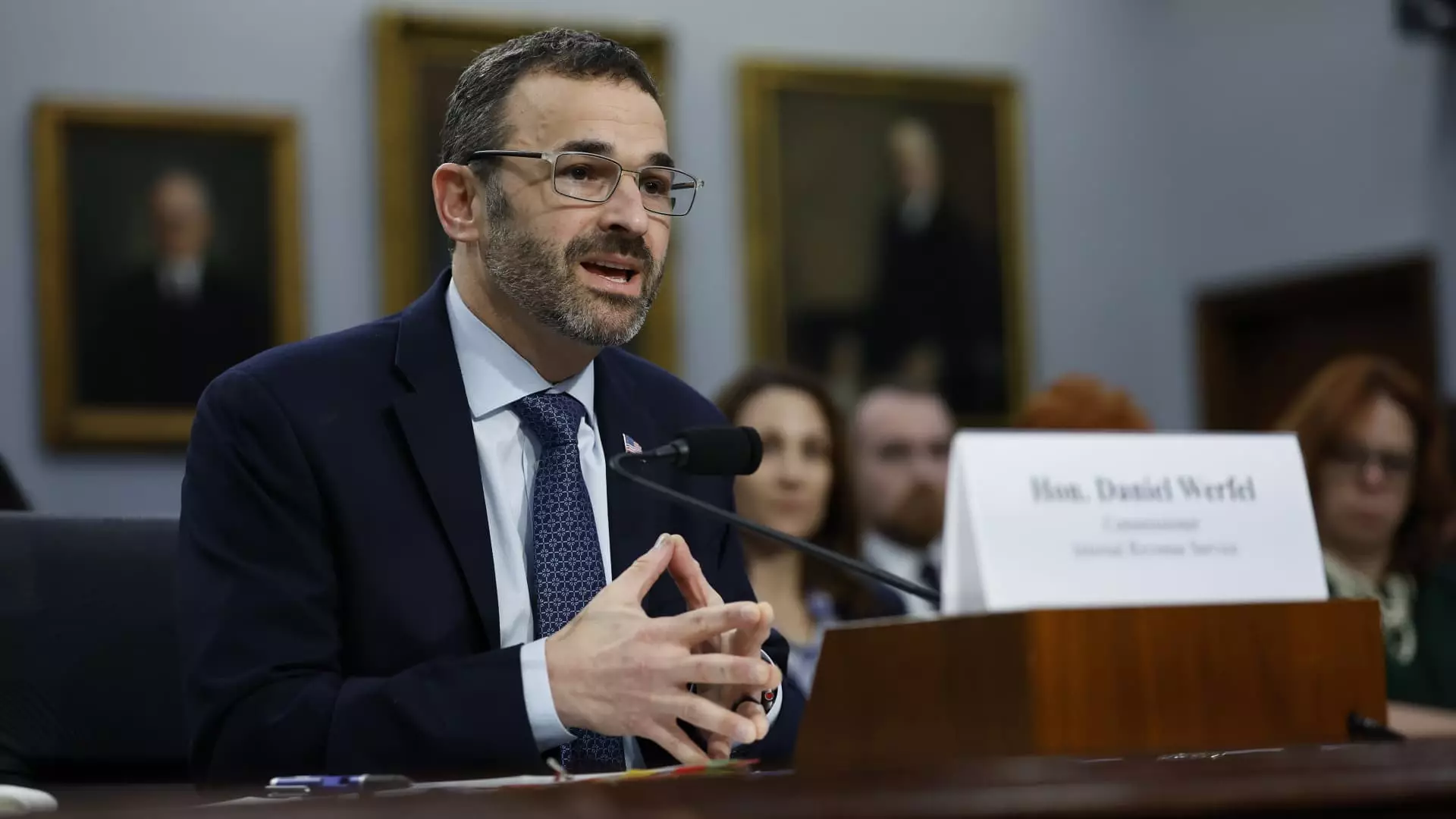In a significant move aimed at simplifying the tax filing process, the IRS has announced that over 30 million Americans will become eligible for their free tax filing program, Direct File. This expansion is set to take effect in 2025, building on the successful pilot program that began in 2024, which allowed limited taxpayer participation in just 12 states. By ramping up participation to 24 states, the IRS aims to reduce the burden of tax preparation, which often proves to be a daunting task for many citizens.
The pilot program initially focused on streamlined tax situations, predominantly catering to individuals with basic income sources such as wages from Form W-2, Social Security benefits, and limited interest income. Critics, however, pointed out the exclusion of gig economy workers and those with contract income, which left a substantial portion of the population out of this beneficial program. For the 2025 tax season, the IRS plans to broaden the range of eligible income types to include more complex financial situations, such as pension earnings, higher interest incomes, and various credits designed to assist families. This could potentially alleviate the financial strain many families experience during tax season by providing a more robust framework for filing.
The Direct File program is not just an incremental improvement in tax processing; it symbolizes a modernization effort by the IRS to adapt to the evolving financial landscape. As the gig economy expands and more individuals rely on non-traditional income sources, the ability to adapt tax filing solutions becomes paramount. This is a step in the right direction, demonstrating that the IRS is not only aware of these shifts but also actively working to support them. With the inclusion of various tax credits, such as the premium tax credit for Marketplace insurance and the child and dependent care credit, the program now more accurately reflects the diverse financial scenarios that many families face.
More than just freeing up taxpayer resources, the Direct File initiative also aims to enhance the overall experience of tax filing. The IRS reported that participants in the pilot program saved approximately $5.6 million in tax preparation fees, a clear indication of the financial relief available through the system. But beyond these savings, the emotional and mental relief from the burdens of tax season should not be underestimated. The simplicity and direct approach of the Direct File program can foster a sense of empowerment and independence among taxpayers, particularly those who may struggle with the complexities of traditional filing methods.
Looking towards 2026 and beyond, additional states are expected to join the program, which reflects the IRS’s philosophy of gradual yet meaningful expansion. By enabling a broader swath of taxpayers to file directly, the agency positions itself to potentially reshape the way taxes are approached in the United States. As the program continues to evolve, the emphasis on inclusivity and accessibility could serve as a model for future governmental initiatives aimed at reducing complexity in bureaucratic processes. Ultimately, the success of Direct File will hinge not just on its expansion but also on its ability to genuinely meet the needs of everyday taxpayers.

